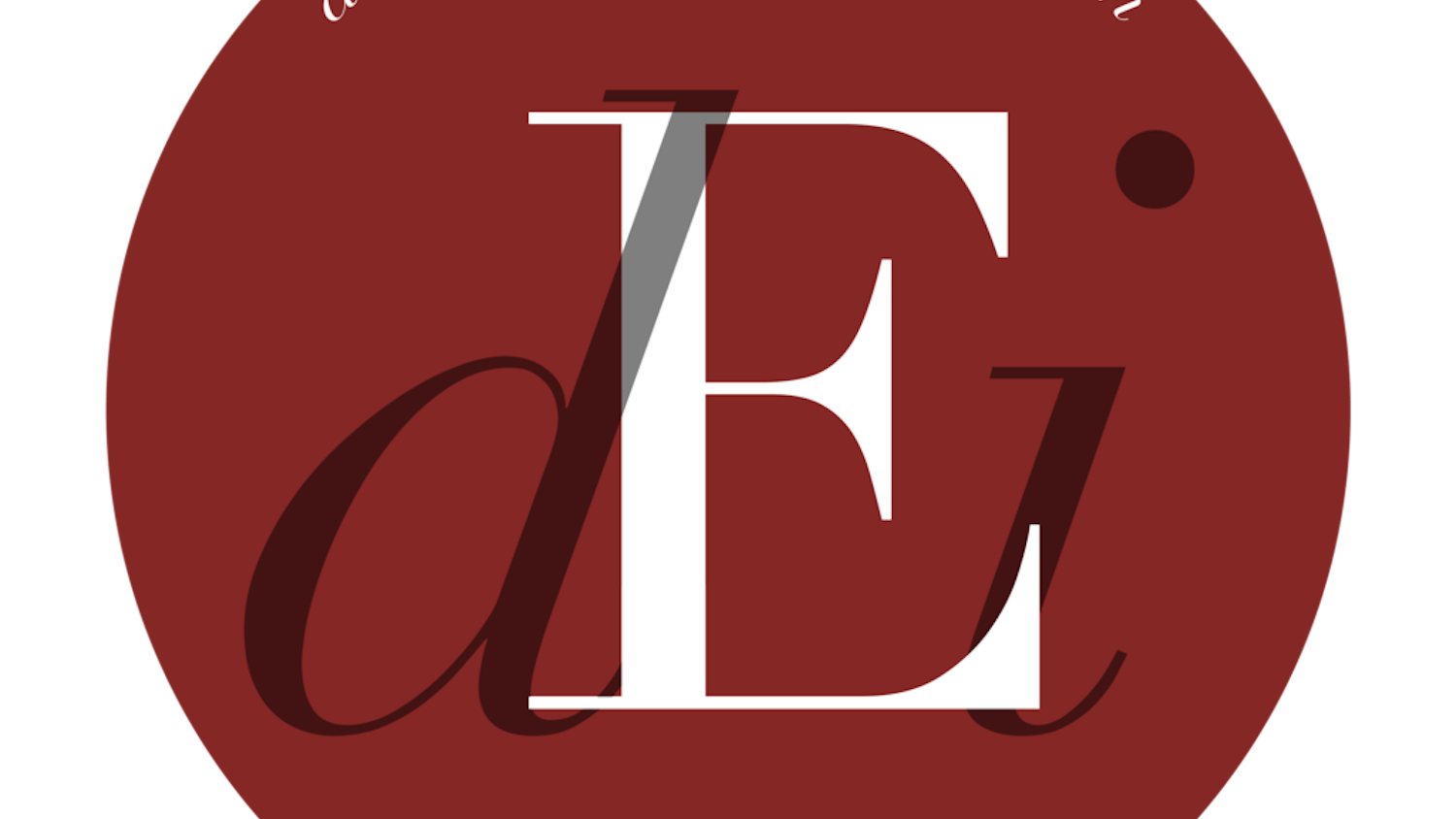The following piece is an opinion and does not reflect the views of The Eagle and its staff. All opinions are edited for grammar, style and argument structure and fact-checked, but the opinions are the writer’s own.
In recent years, there has been growing momentum to integrate personal finance and economics education into the curriculum of American high schools and colleges. This shift reflects the realization that economic literacy is a critical skill for navigating modern life, from understanding personal finances to making informed political and social decisions.
According to a recent survey, 35 states now require students to complete a course in personal finance to graduate high school, marking an increase of 12 states since 2022. This expansion will guarantee over 10 million additional students access to essential financial knowledge. The same survey found that 28 states now require some study of economics for high school graduation, with three new states adding such requirements. These requirements are often integrated into redesigned social studies, civics or government courses, ensuring that economics education reaches a broad audience even without a standalone class.
Whether introduced through dedicated courses or integrated into other subjects, economics education provides students with foundational concepts such as supply and demand, opportunity cost and cost-benefit analysis. These principles help us to understand the basic functioning of the economy, including how businesses operate, how consumers make decisions and how these actions collectively influence our country and the world market.
The importance of economics education extends beyond personal finance or business knowledge, as it is essential for informed citizenship. A relevant example is the public discourse surrounding tariffs, which has reemerged in political debates. Tariffs are essentially taxes on imported goods, and while they are often championed as a means to protect domestic industries, they come with significant economic consequences.
President-elect Donald Trump has proposed high tariffs on all imports, including a 10 percent blanket tariff and rates exceeding 60 percent on goods from China. While these measures aim to incentivize domestic production, they can also lead to higher prices for consumers. The Peterson Institute for International Economics estimates that such policies could cost a typical middle-class household an additional $1,700 annually. Moreover, economists predict these tariffs could raise inflation rates by as much as one percentage point.
Alongside tariff policies, other proposals, such as mass deportations of immigrants, could exacerbate inflation by creating labor shortages and driving up wages. Economists have explained that such measures could make it more difficult and expensive for businesses to produce goods, further contributing to price increases. Many Americans also misunderstand or overlook the implications of tariffs and other policies. This lack of understanding underscores the urgent need for comprehensive economics education, not just at the high school level but also at the collegiate level.
On social media, I’ve seen widespread confusion about basic economic concepts from both Democrats and Republicans. Debates about Trump’s tariffs often reveal a lack of fundamental understanding. This knowledge gap has real-world implications because, ironically, many Americans who support high tariffs to boost domestic production are often the same individuals who speak about rising prices due to inflation, unaware of the direct connection between expanding American-made products and the price-hike that will cause.
People don’t need to be economics or business majors to vote, however, they should be able to make informed decisions on what they are voting for. I feel we should possess a basic understanding of economics to make informed policy decisions. Without it, we risk supporting policies that could inadvertently harm our financial well-being or destabilize the broader economy. People are then susceptible to believing that groups like immigrants are the root of economic struggles, leading to rises in xenophobia. In reality, people are just uninformed economically.
The expansion of personal finance and economics education in high schools is a promising start, but more needs to be done to ensure that these lessons are reinforced and expanded in college settings. Education is not the only solution to the main issue of costly economic policy, as social media and political propaganda swarm the heads of voters. However, we as citizens must practice informed voting, as the future of our country depends on it.
Mari Santos is a junior in the School of Public Affairs and a columnist for The Eagle.
This piece was edited by Alana Parker, Rebeca Samano Arellano and Abigail Turner. Copy editing done by Nicole Kariuki, Ella Rousseau





